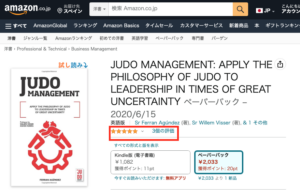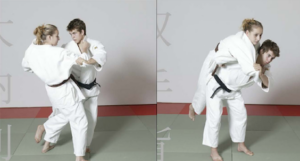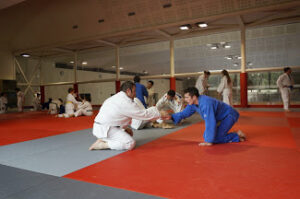“It’s just a miracle that modern teaching methods haven’t completely killed off the holy curiosity of knowing how things work. It is a grave mistake to think that the joy of seeing and exploring can be increased by means of coercion and a sense of duty. “ (Einstein)
So the things that really matter cannot be taught in a formal school atmosphere!
Three types of learning can be distinguished:
– Maintenance learning: the acquisition of fixed views, methods and rules for dealing with existing and recurring situations. It is a type of learning designed for the maintenance of an existing system or an established way of life. It requires us to adapt to the state of affairs.
– Shock learning: people are taken by surprise by the events. The shocks force one to learn and act as a catalyst. Shock learning is a product of elitism, technocracy and authoritarianism. Shock learning often follows a period of too much reliance on solutions devised solely on the basis of expertise or technical competence. It keeps us obedient. It indicates inability to grow others and control events.
– Innovative learning: anticipation, being active and using imagination. Learning by listening and participating to others, shaping events rather than being shaped by them. For innovative learning it is necessary to trust oneself and to focus more on one’s inner self than on others in everyday life as well as in work. If one learns to anticipate the future and learn to shape events instead of being shaped by them, one will benefit from it. The autonomy of the individual is asserted, one acquires insight and one learns to work in a positive way. It is a dialogue between curiosity and knowledge, resulting in understanding.
The usual pattern of maintenance and shock learning is unsuited to cope with (global) complexity and, if not contained, will lead to a loss of control of events and crises.
Anyone who relies on maintenance learning and/or shock learning is doomed to be more reactive than active in her/his life.
Real learning often has to be preceded by unlearning because parents, teachers, and friends have taught them how to live their lives up to their standards, rather than being themselves.
Be unique and have no fear of non-conformism.
Unity without uniformity.
The ancient Greeks believed that excellence came from a perfect balance between Eros and Logos, between feeling and reason, both of which stem from the understanding of the world at all levels, from the “concrete consideration of the complete facts.”
Willem Visser
Executive coach, Strategic Adviser, International Lecturer, 8th Dan Judo IJF
With gratitude to all my teachers, specialists, colleagues and especially all the judoka that I was allowed to guide and to coach.
Sources and inspiring professionals:
Van der Horst, Cobben, Abe, Saitoh, Yamashita, Uemura, Sugawara, Murata, Hosokawa, Komata, Takahashi, Nakamura, Kasuga, Kawashima, Kariya, Brousse, Besson, Rougé, Ruska, Geesink, de Cree, Barta, Vachun, Viser, Lascau, McConnell, Snijders, Sins, Hoogendijk, Boersma, Odinot, van Dijk, Klok, Agúndez, Landsberg, Covey, de Waal, DeCaluwe, Drucker, Franzen, Goldratt, Hammer, Kets de Vries, Kotler, Mastenbroek, Mintzberg, Peters, Porter, Quinn, ten Bos, Trompenaars, Vinke, Weggeman, Wissema and many others.








